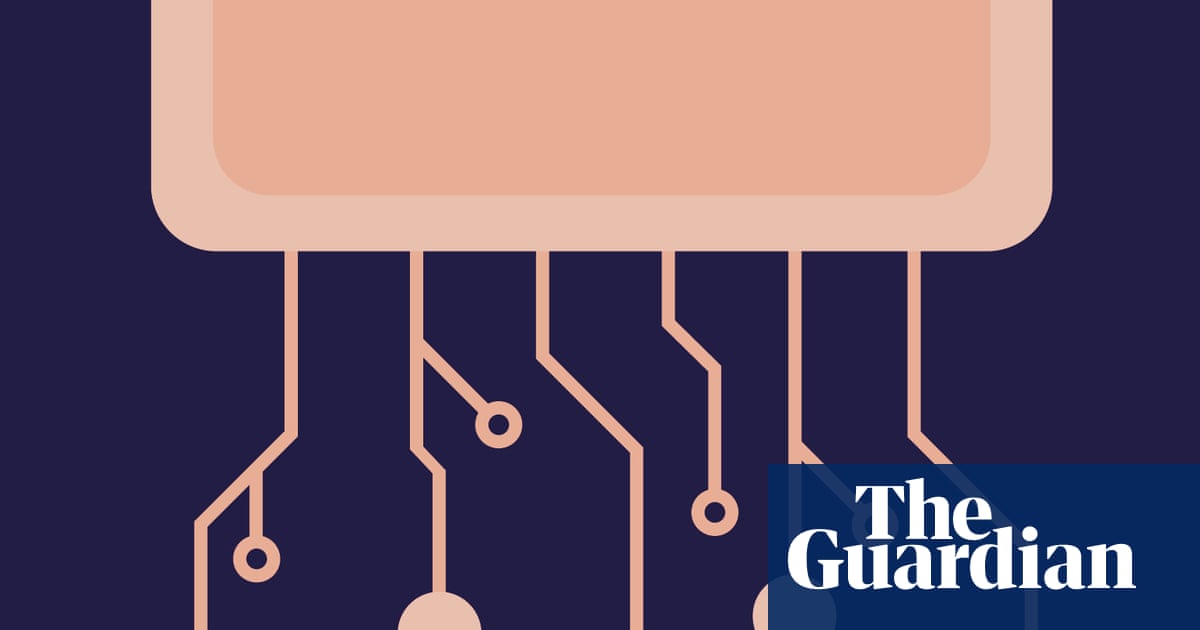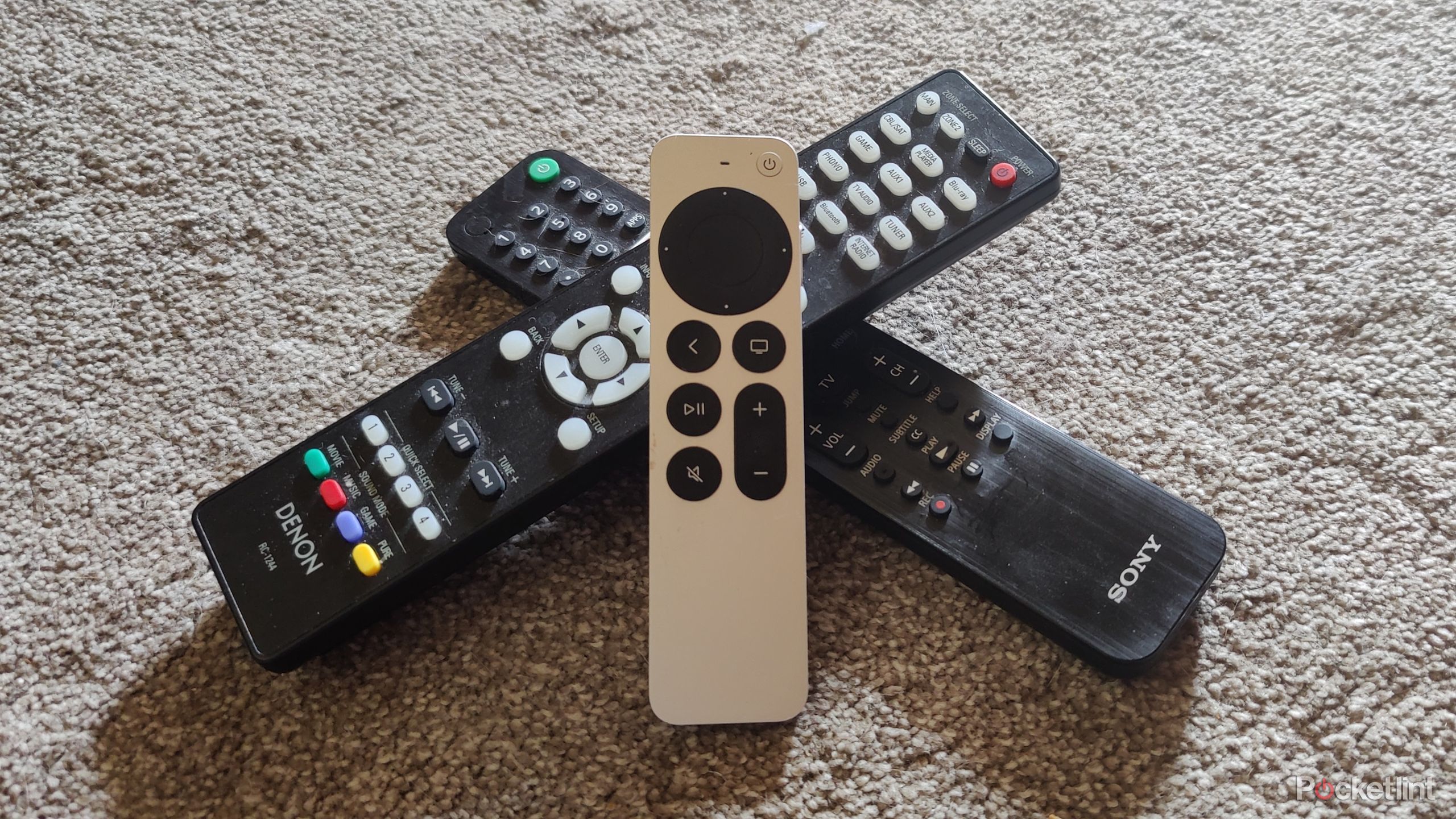SOME Americans will get another monthly payment automatically deposited in their bank accounts soon.
The money comes as part of an initiative helping lower-income families improve their long-term financial health.
1
It first began in November 2024 thanks to philanthropic organization United Way Bay Area (UWBA) in California.
At least 100 households in Alameda county, about 52 miles west of downtown San Francisco, qualified and were selected for the pilot guaranteed income program.
Recipients were given an initial direct payment of $3,000 from UWBA with $1,000 monthly distributions following after for a year-long term.
Based on the timeline of the program, checks are still going out to American families.
Read More on Direct Payments
The next distribution of $1,000 is set for August 15, just days away.
By the end of the benefits period $18,000 will be dolled out to each of the participating Bay Area households.
Keisha Browder, CEO of UWBA, emphasized the importance of the organization’s mission, and that it seeks to learn and develop similar initiatives in the future.
“By targeting support to these first 100 families, we want to understand how unconditional cash assistance offered alongside optional financial coaching services impact wellbeing and behavior,” Browder said in a statement.
“Our goal is to learn from this pilot program and replicate a successful effort across the Bay Area and beyond.”
“Poverty is not an individual failing, it’s a policy choice,” she continued.
“At United Way Bay Area, we followed the research and it led us to direct cash payments, an innovation proven to break the cycle of poverty.”
“The Bay Area is a place where many people thrive, while others struggle to survive,” the CEO continued.
Not only do the Alameda County families get the no-strings-attached payments, but they also get individualized financial planning and coaching.
SELECTION PROCESS
Each of the 100 people were randomly selected in a lottery-style process from client rosters at three different SparkPoint centers run by the UWBA.
How does Guaranteed Income work?

Guaranteed Income and Universal Basic Income programs have taken off in popularity recently.
After the Biden administration’s American Rescue Plan of 2021 sent stimulus money to local governments, dozens began testing guaranteed income (GI) systems.
The specifics vary, but GI typically involves payouts to people with low incomes. Unlike traditional welfare, there are no job requirements, drug tests, or other strings attached.
Some have pushed for a Universal Basic Income (UBI), which would go to everyone regardless of how much money they make at work. Alaska has used a similar system since the 1970s.
Proponents say this alleviates poverty while incentivizing work, unlike classic welfare, which cuts benefits from people who begin earning “too much” money to qualify.
Opponents argue such a system is too expensive to function on a large scale and suggest Americans should avoid becoming reliant on government money.
With some cities heralding the success of GI programs, some Republican-led states have moved to ban them. States like Texas and Iowa, for example, have undermined major spending plans by pushing against GI.
They included SparkPoint Chabot College, Fremont, and Oakland.
SparkPoint centers are designed with a focus on financial advice and planning, job search assistance, and food and housing benefits.
Funds were also given to UWBA through a $3 million grant from the Albertsons Companies Foundation, locally known by many as the Safeway Foundation.
The Albertsons Companies Foundation’s own Nourishing Neighbors Program backed the UWBA, which has its own mission of ensuring at-risk families get crucial food access.
It’s unclear yet whether or not there will be another round of payments after this program is over, but given Browder’s comments, it’s certainly possible.
HELPING HAND
Select mothers in Ohio are also still getting $500 monthly checks through December.
The money comes thanks to a partnership between nonprofits Motherful, RISE Innovation Institute, and UpTogether.
As part of the collaboration, the Ohio Mother’s Trust guaranteed income program was created.
Through it, 32 single moms living in Columbus get financial assistance to help “show that providing unconditional cash support to mothers can significantly help boost the financial stability and overall well-being of families,” Danielle Sydnor, CEO of RISE Together, noted in a press release.
“Child poverty was estimated to cost Franklin County $5.2 billion in lost economic activity in 2021,” Sydnor explained.
“Providing families with the resources they need is an investment in their future and the future health of our community.”
Eligible candidates for the money were single mothers with annual income levels at or below 80% of the median for Columbus.
That median was $65,327 when the program started, according to data from the US Census Bureau.
A unique “artist” guaranteed income program is also sending out $500 stimulus checks.
There’s also $750 checks being distributed to some Americans as part of a “renewed” initiative.









